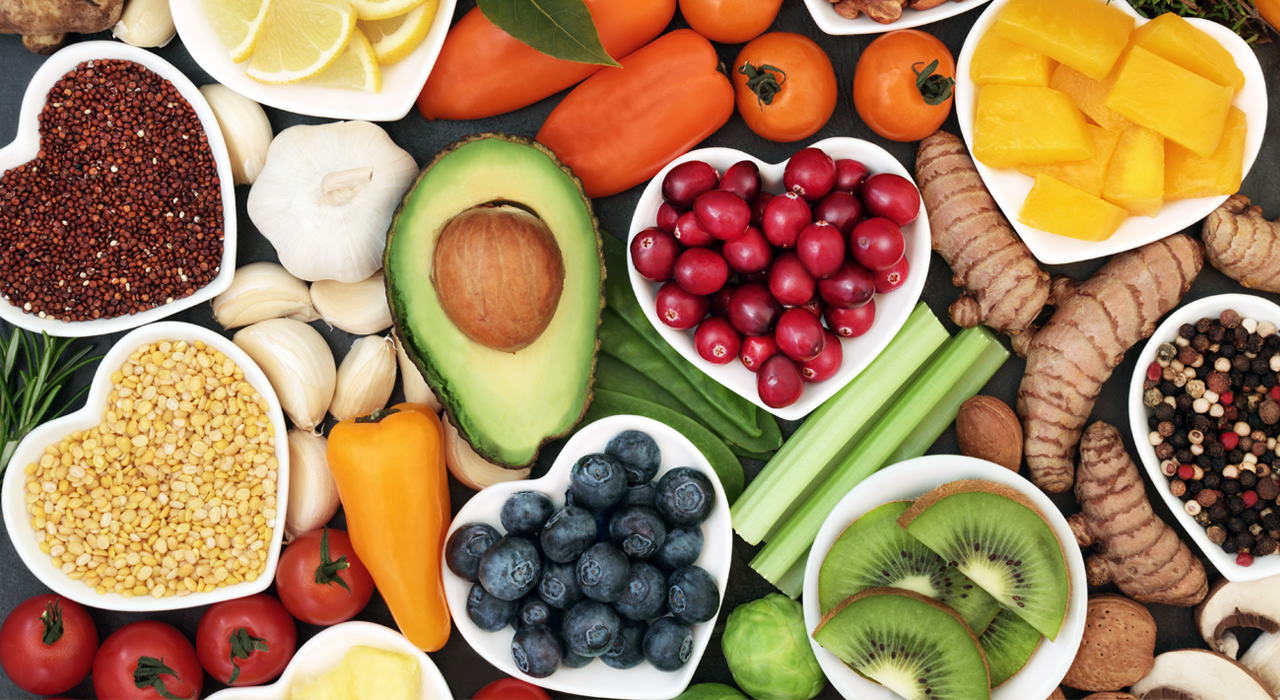Health
Why You Should Consider Going Meatless
Over the last few decades, a lot has changed in the way we eat. During this time we have seen everything from the introduction of genetically modified food sources to increased scrutiny about where we are getting our food to growing concern over the different chemicals and additives that you can now find in almost everything you buy.
An increase in food allergies, chronic health conditions, and childhood obesity combined with an increase in food-related documentaries like Super Size Me and What The Health has lead to changes in the way we think about what we are putting into our bodies. Eating less meat has become a popular way for people to combat the growing concerns surrounding food.
Choosing to go meat free has much more of an impact on the world than you would probably think. Did you know, for example, that animal agriculture is a key factor in climate change? If you didn’t, you’re not alone… studies have shown that four out of five people have no idea. A 2018 Greenspace report stated, “global meat and dairy production must be cut in half by 2050 to avoid dangerous climate change” and a 2010 United Nations report said that a “global shift towards a vegan diet is vital to save the world from hunger, fuel poverty, and the worst impacts of climate change”.
By choosing to follow a meatless diet, or by just incorporating a few meatless meals into the week, we can greatly reduce our impact on the Earth.
Not only does animal agriculture impact our climate, but it also impacts our natural resources. The way the current food system is set up, more of the produce farmers grow actually goes towards feeding livestock, not feeding humans. About 2,000 gallons of water goes into the production of just one pound of meat, contributing to our rapidly deteriorating water supplies.
In order to supply the world with enough meat and dairy products, animals are given hormones to increase milk production and muscle growth. Dairy cows are modified to increase their milk production ten-fold and are more likely to have mastitis (an infection in their udders), which requires treatment with antibiotics. Young chickens are modified to increase their growth, which can lead to injury, as their bones are usually not strong enough to support this rapid rate of growth.
Animals are often kept in crowded and unsanitary conditions and subject to malnutrition, diseases, and harsh weather. By choosing to reduce our consumption of meat products we show compassion towards animals and lower the rate of use of natural resources.
Eating meat also has a big impact on your health. People who eat higher amounts of meat are found to have increased risk of death from stroke, heart attack and diabetes. And if you choose processed meats, the risk increases even more.
By choosing plant-based options you’ll be more likely to have lower cholesterol, blood pressure, and blood sugar. People who don’t eat meat are also likely to eat less fat and consume fewer calories than those who do. Plant-based food helps improve digestion by supporting healthy gut bacteria, along with providing our body with immune-boosting antioxidants and tons of vitamins and minerals.
If all of this is making you consider going meatless, check out these tips for leading a meatless lifestyle:
1. If things seem overwhelming at first, start slow and make just one meatless meal per week. As time goes on, start incorporating more plant-based choices into your diet.
2. Don’t lose focus on protein! Make sure to get protein from plant-based sources, like beans and lentils, in order to keep you full and satisfied.
3. Try something new! Grab a new veggie or fruit that you have never tried before to mix things up and keep your meals exciting.
4. Check out new recipes online to find meat-free alternatives to your favorite meals… I think you’ll be surprised at how many different options you will find!
5. Go international and try meals from countries that are well known for their vegetarian cuisine, like India and Mexico!
Choosing to go meat free, or even to just incorporate some meatless meals into your week, can have a huge impact on the entire world. Choosing plant-based products doesn’t have to be complicated or confusing. More and more meatless options are available everyday and even the largest meat and dairy companies (like Tyson and Dannon) are investing in alternatives. With so many benefits, why not give going meatless a try?
References
Funk C & Kennedy B. The New Food Fights: US Public Divides Over Food Science. Pew Research Center. 2016 December 1. http://www.pewinternet.org/2016/12/01/public-views-about-americans-eating-habits
The Vegan Society. Statistics. 2018. https://www.vegansociety.com/news/media/statistics
Mayo Clinic. Meatless meals: The benefits of eating less meat. 2017 July 26. https://www.mayoclinic.org/healthy-lifestyle/nutrition-and-healthy-eating/in-depth/meatless-meals/art-20048193
McMacken M. Seven Things That Happen When You Stop Eating Meat. Forks Over Knives. 2016 January 12. https://www.forksoverknives.com/7-things-that-happen-when-you-stop-eating-meat/#gs.uU9dRwY
Farms Not Factories. Ten Ways to Reduce Your Meat Consumption. 2015 July 17. http://farmsnotfactories.org/articles/10-easy-ways-to-reduce-your-meat-consumption.
















